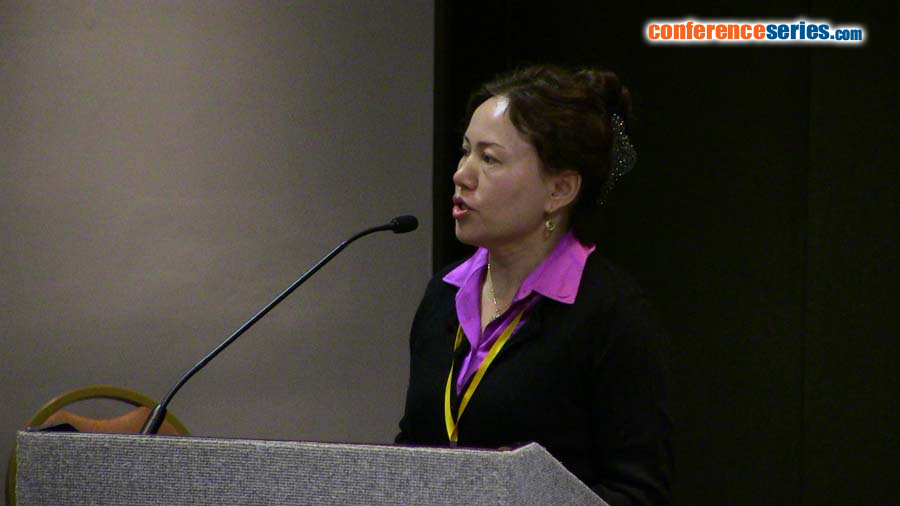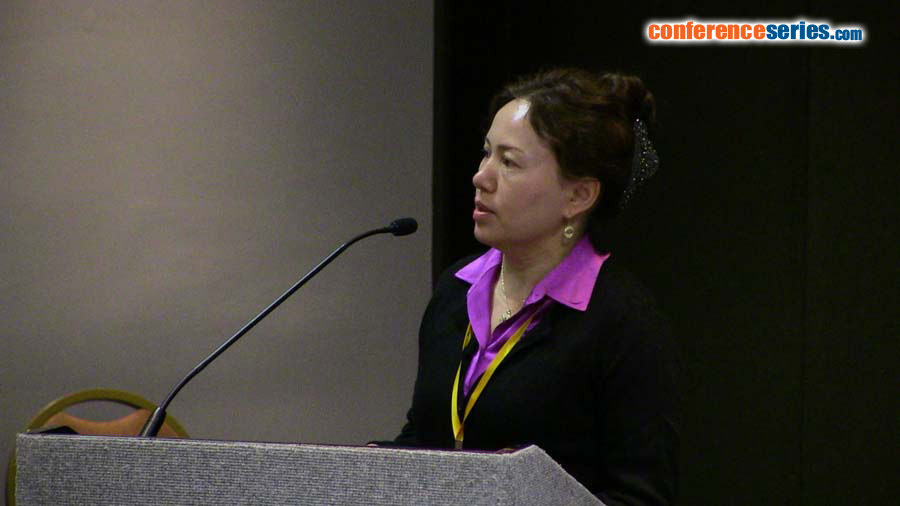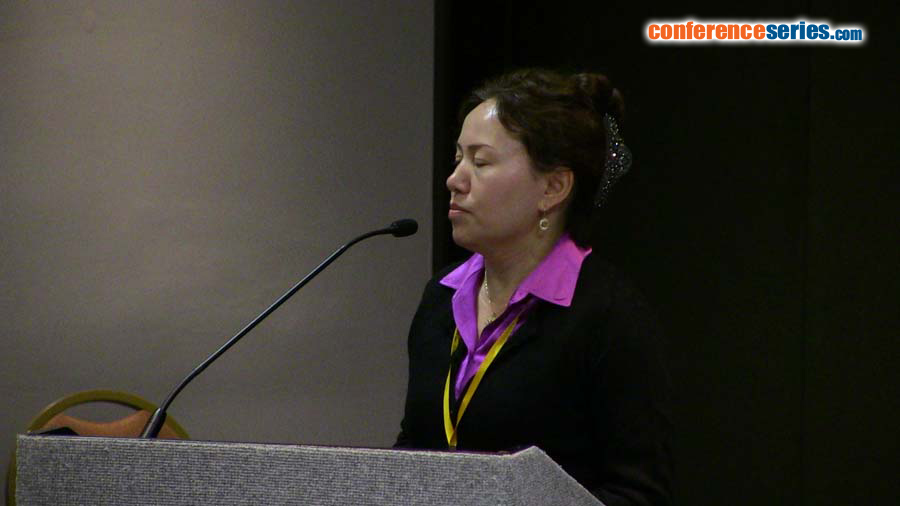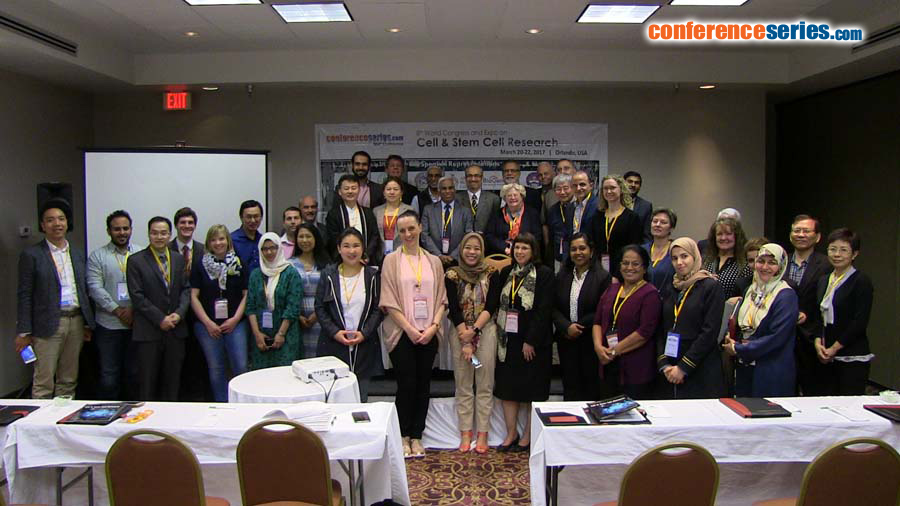Medet Jumabay
David Geffen School of Medicine at UCLA, USA
Title: Dedifferentiated Fat (DFAT) cells - A new cell source for regenerative medicine
Biography
Biography: Medet Jumabay
Abstract
The ability to identify an ideal cell source for tissue regeneration is still challenging researchers in the stem cell field. The possession of progeny cells to differentiate into other cell types is important for the processes of tissue reconstruction and tissue engineering and may have clinical, biochemical or molecular implications. Adaptation of stem cells from adipose tissue to use in regenerative medicine has created a new role for adipocytes. Mature adipocytes can easily be isolated from adipose cell suspensions and allowed to dedifferentiate into lipid-free multipotent cells, referred to as dedifferentiated fat (DFAT) cells. Compared with other adult stem cells, the DFAT cells have unique advantages in their abundance, ease of isolation and homogeneity. Under proper condition in vitro or in vivo, the DFAT cells have exhibited adipogenic, osteogenic, chondrogenic, cardiomyogenc, angiogenic, myogenic, and neurogenic potential. In addition, DFAT cells at early stage, spontaneously exhibit a high degree of pluripotency, which was responsive to changes in culture conditions and may benefit cell-based therapies. Thus, mature white adipocytes may be a new cell source for tissue regeneration. The unique features of DFAT cells are promising for clinical applications such as regenerative medicine.




